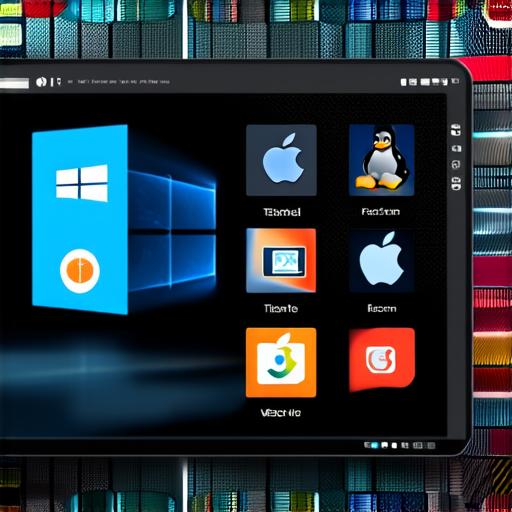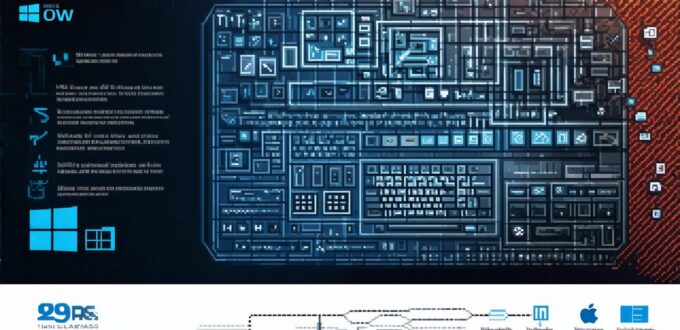As software developers, we rely on various types of system software to create efficient, reliable, and scalable applications. In this article, we will explore the different categories of system software and their significance in software development. We will also discuss how to optimize your system software for better performance and user experience.
What is System Software?
System software refers to the programs that manage and control the computer’s hardware resources and provide common services essential to the operation of other software applications. It includes operating systems, device drivers, firmware, utilities, and applications that interact with the hardware directly or indirectly.
Types of System Software
Operating Systems (OS) are responsible for managing the computer’s resources, including memory, CPU time, input/output devices, and other hardware components. Examples of operating systems include Windows, macOS, Linux, and Android. Device drivers are software programs that interface between the OS and the computer’s hardware devices, such as printers, cameras, scanners, and sound cards. They provide the necessary instructions for the OS to interact with the hardware device.
Firmware is a type of system software that is embedded in the computer’s hardware components, such as routers, switches, and other networking devices. It provides instructions for the device to perform specific tasks and functions. Utilities are programs that provide additional functionality to the OS, including file management, disk cleanup, backup and restore, and security tools. Examples of utilities include Norton Security Suite, CCleaner, and System Care.
Applications that interact with hardware directly or indirectly require direct interaction with the hardware, such as video editors, audio recorders, and photo editing software. These applications rely on the OS to manage the hardware resources and provide the necessary services for the application to function correctly.

Importance of System Software in Software Development
System software plays a crucial role in software development by providing the essential infrastructure and services that enable other software applications to run efficiently and reliably. Without proper system software, applications may not be able to access hardware resources, communicate with other programs, or perform specific tasks. Proper system software ensures that the computer’s hardware resources are utilized effectively, making it possible for applications to run smoothly without any issues.
Optimizing System Software for Better Performance and User Experience
To optimize your system software for better performance and user experience, you can follow these best practices:
-
Keep your OS and drivers up-to-date
-
Use a reputable antivirus program
-
Regularly backup important data
-
Optimize your hardware configuration
-
Use cloud-based services
FAQs
Q: What is the difference between system software and application software?
System software manages and controls the computer’s hardware resources and provides common services essential to the operation of other software applications. Application software, on the other hand, is designed for a specific task or purpose, such as word processing, graphic design, or video editing.
